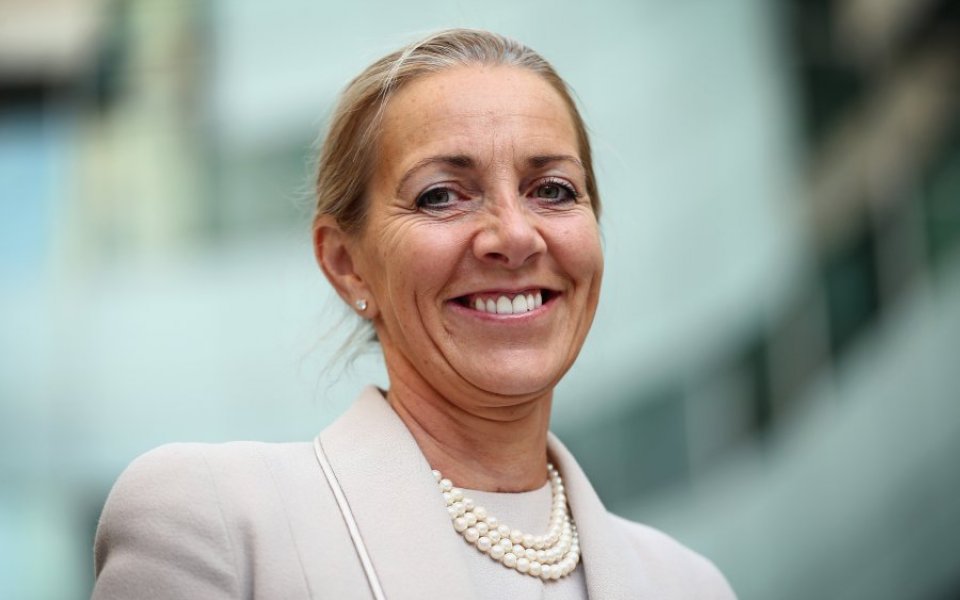Broadcast media moving closer to workplace equality with recent high-profile appointments

Broadcast media has not always been a bastion of gender equality. Even now, it is common for TV shows to be presented by a septuagenarian, suited man, flanked by a smiley younger woman.
And then, far more seriously, there are the extremely unsavoury stories – and court cases – that have exposed shocking conduct by some male broadcasters over recent decades.
Amid this depressing background, it is notable that more positive signs have emerged of late, with a string of senior positions won by women.
Laura Kuenssberg replaced Nick Robinson as the BBC’s political editor earlier in the year, while at the start of this week Allegra Stratton moved in the opposite direction, becoming ITV’s national editor. And just two weeks ago the BBC appointed Sarah Smith as its Scotland Editor.
The BBC Trust is currently run by Rona Fairhead (who, we hasten to add, has a wealth of business experience). At this crucial period in the Beeb’s history, the Corporation’s future depends on how Fairhead manages negotiations with a Tory culture secretary who’s keen to shake things up.
Here in the City, there has been some progress; nearly 10 per cent of FTSE 100 executive directors are women, up from 5.5 per cent in 2011, while nearly one third of non-execs are women. Yet there is still a long way to go, both at board level and also within pockets of finance that remain male-dominated.
The correct response is not tokenism, or quotas, but neither is it turning a blind eye, or imagining that we have hit a natural ceiling.
Companies invest a huge amount of time and effort into developing their staff (an example of enlightened self-interest, if there ever was one) and those with the widest possible talent pools will enjoy a competitive advantage.
Smart firms will not sit by while women drop off at key rungs of the career ladder, but will investigate what is going wrong and how to fix it (businesses are usually good at that). And they will appoint high-performing women to senior positions, the like of which we have seen in the TV industry this year.
These appointments are even more encouraging when they happen organically, the result of pure meritocracy, rather than in response to targets or quotas.